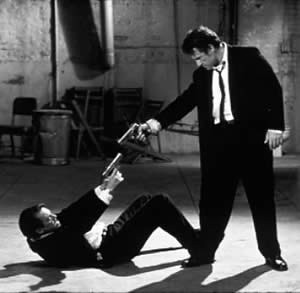 The stupidest argument I hear on transit is this: "(Progressive idea A) isn't all that great - (progressive idea B) is what we should get behind!"
The stupidest argument I hear on transit is this: "(Progressive idea A) isn't all that great - (progressive idea B) is what we should get behind!"We should do both - in fact, we can only do both. Opposing A makes the success of B less likely, because losing drains political power.
If you lose on A, the money isn't any more likely to go to B - in fact, it's less likely to do so because you just lost, so GFY. It's a myth that project funding is zero-sum - budgets are made up by politicians, and if you have power there'll be more, and if you don't have power there'll always be less.
In contrast, winning on A makes B even more likely, because winning builds political power, and again, there's always exactly as much money as we're willing to fight for & have the power to deliver.
See:
- Christie killed NJ train tunnel in 2010 - 5 years later, still no Plan B, and the money instead went to finance tax cuts
- Arlington killing Columbia Pike streetcar - over a year later, still no other transit investments
What other examples did I miss?
